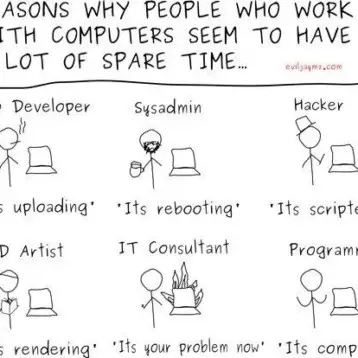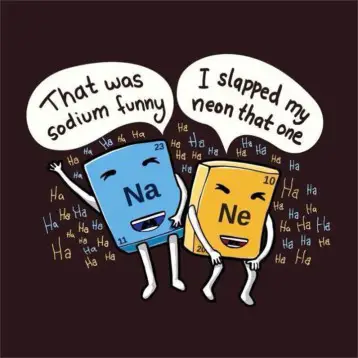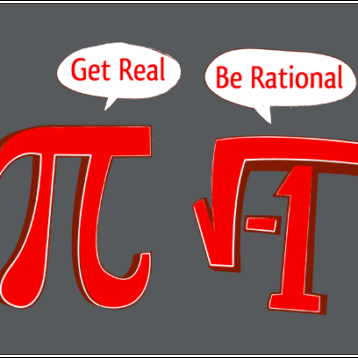The road to recovery can be arduous when injuries strike, whether in the workplace or due to someone else’s negligence. Understanding the available avenues for seeking compensation becomes vital in such trying times. Workers’ compensation and personal injury claims are two significant channels that offer relief to those who have suffered injuries.

While they may seem like separate domains, a closer look reveals an intricate overlap between these two worlds. Both workers’ compensation and personal injury claims aim to provide financial and medical assistance to those who have been injured. However, they differ in their scope, the process of obtaining compensation, and the damages that can be claimed. Understanding the nuances of workers’ compensation and personal injury claims can empower individuals to make informed decisions when seeking the compensation they deserve. Whether pursuing a workers’ compensation claim or seeking compensation through a personal injury lawsuit, you should consult an injury attorney who can provide invaluable assistance. They will ensure that your rights are protected and that you receive the maximum compensation you deserve. In this blog post, we will explore the intricacies of workers’ compensation and personal injury claims, shedding light on how they converge and diverge and the implications for those navigating recovery.
What is Workers’ Compensation?
Workers’ compensation is a no-fault system designed to provide benefits (such as medical treatment, disability payments, and vocational rehabilitation) to employees who are injured or become ill due to their work. Workers’ compensation aims to ensure that workers receive needed medical care while protecting employers from lawsuits resulting from workplace accidents.
What is a Personal Injury Claim?
A personal injury claim arises when someone sustains bodily harm due to the fault or negligence of another party. For example, if you slip on a wet floor in a grocery store because an employee failed to mop up spilled liquid promptly and suffer an injury, you could bring a personal injury claim against the store.
Comparing Workers’ Compensation & Personal Injury Claims
While both workers’ comp and personal injury claims involve injuries suffered by someone due at least partly to another’s actions—either directly related through employment or separately occurring beyond such activities—there are some notable differences between these processes:

- Eligibility and Scope: One of the primary differences between workers’ compensation and personal injury claims is the scope of coverage and eligibility criteria. Workers’ compensation typically covers injuries and illnesses that occur during employment. It is a no-fault system, meaning that employees can receive benefits regardless of who was at fault for the injury. On the other hand, personal injury claims involve damages caused by the negligence or intentional actions of another party, and they can occur in various settings, such as car accidents, slip-and-fall incidents, or product defects.
- Compensation and Damages: In workers’ compensation cases, injured workers may receive medical expenses, lost wages, vocational rehabilitation, and disability benefits. However, they usually cannot sue their employers for additional damages beyond the scope of workers’ compensation. In personal injury claims, the injured party can seek compensation for a broader range of damages, including medical expenses, lost wages, pain and suffering, emotional distress, and loss of enjoyment of life.
- Legal Process and Burden of Proof: The legal process for workers’ compensation claims is generally more streamlined and less adversarial compared to personal injury lawsuits. Workers’ compensation claims are typically handled through administrative channels, and the burden of proof is less stringent. In personal injury cases, the injured party or plaintiff must prove the negligence or fault of the defendant through a formal court process, and the burden of proof is higher, requiring clear and convincing evidence.
- Third-Party Liability: In some situations, an injured worker may have the option to pursue a workers’ compensation claim and a personal injury lawsuit if a third party (someone other than their employer or co-worker) is responsible for the injuries. For example, suppose a delivery driver is injured in a car accident caused by another driver. In that case, they may be eligible for workers’ compensation benefits from their employer’s insurance and have the right to sue the at-fault driver for additional damages in a personal injury claim. This scenario allows the injured worker to access the benefits of workers’ compensation and the potentially higher compensation available in a personal injury lawsuit against a third party. However, navigating such dual claims can be complex, and legal counsel is essential to ensure the injured party’s rights are protected and that they receive the appropriate compensation from all liable parties.
Understanding the distinctions between workers’ compensation and personal injury claims is crucial when seeking compensation for injuries. Consulting with experienced attorneys who specialize in these areas can help injured individuals navigate the complexities of each process and maximize their chances of receiving fair compensation for their losses.
Conclusion
Workers’ compensation and personal injury claims may have overlapping elements, but they serve distinct purposes and vary based on geographical location and specific circumstances. The outcome of these claims can significantly impact an individual’s life, affecting their financial stability, medical care, and overall well-being. Seeking qualified legal counsel’s advice is crucial in navigating the complexities of these claims, ensuring the best possible outcome for the injured party. Whether pursuing a workers’ compensation claim or considering a personal injury lawsuit, having experienced attorneys, you can provide the expertise and support needed to protect your rights and obtain fair compensation. Remember, making informed decisions during these challenging times can make a profound difference in securing a just resolution and confidently moving forward.










